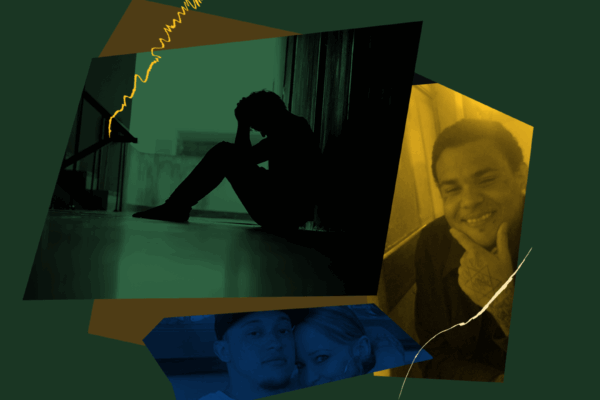SANTA FE, NM — GuJuan Fusilier, Mah-konce Hudson, and O’Shay Toney, three individuals currently held in the Penitentiary of New Mexico (PNM), filed a class action lawsuit today seeking to end New Mexico’s practice of long-term solitary confinement in the state’s Predatory Behavior Management Program (PBMP). The lawsuit, filed in state court in Santa Fe against New Mexico Corrections Department (NMCD) and PNM, asserts that PBMP’s conditions violate the New Mexico Constitution’s ban on cruel and unusual punishment. The plaintiffs are represented by the American Civil Liberties Union (ACLU) of New Mexico and Keker, Van Nest & Peters LLP.
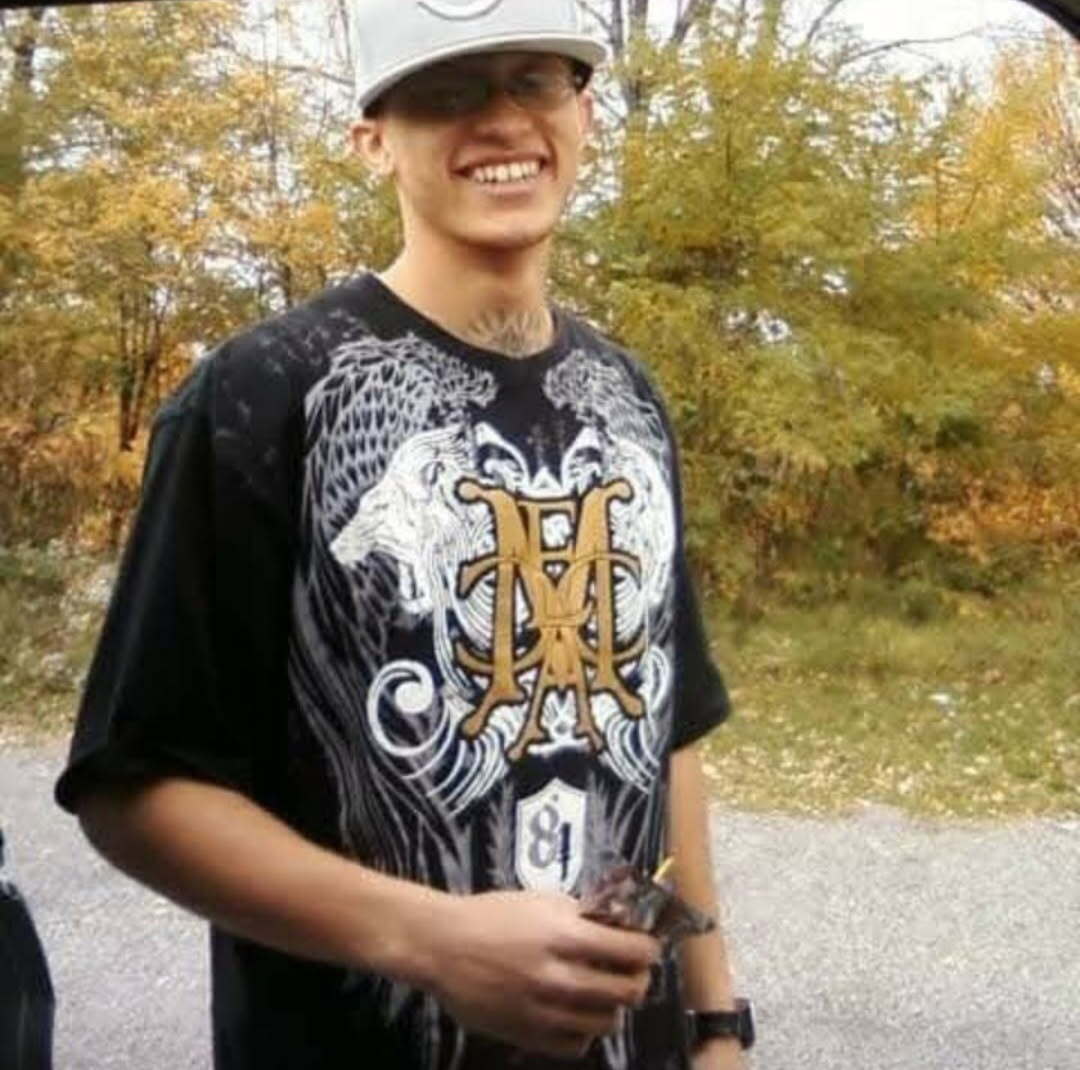
“No programming combined with long-term segregation in harsh conditions leads to an increase in mental health and behavioral issues,” said Toney, who is experiencing his fourth confinement in PBMP, and has spent about five years in the unit. “They call us problematic, but isn't it better to invest in the solution of a problem rather than burying it? Change comes with conviction and we’re asking for help.”
(Photo: O'Shay Toney)
Toney has PTSD, anxiety, and insomnia but receives no meaningful treatment. After being shot in the eye with a pepper spray ball during an attempt to protest the abysmal conditions, his retina detached, and he waited two months for treatment. Even after three surgeries, he struggles to receive proper follow-up care.
Established in 2015, PBMP was purportedly established to serve as a behavioral-based program for individuals who needed increased supervision. By any definition, PBMP operates as a long-term solitary confinement unit and does nothing to reduce predatory behavior or provide treatment to help individuals reintegrate into society. Plaintiffs have lost years of their lives locked in filthy, tiny, 8 ft. x 10 ft. cells for 23 hours per day, where they experience social isolation, reduced visual and sensory stimulation, abhorrent living conditions, and restricted opportunities for mental health treatment, exercise, and programming. Defendants hold individuals in such conditions for prolonged periods—on average, for 12–15 months or more.
“More than 95% of incarcerated people will eventually return to their communities,” said Nick Goldberg, a partner at Keker, Van Nest & Peters LLP. “We want them to come back healthy so they can successfully reenter their communities, not damaged by the torture of solitary confinement. We look forward to working on behalf of our brave clients to vindicate their rights and to put an end to these unlawful practices.”
“This so-called program offered NOTHING it promised,” said Fusilier, who has spent over one-third of his prison sentence in the PBMP unit. “I have begged for help with my anger, anxiety and PTSD and have been met with nothing but isolation and rejection. This place doesn’t provide growth or positive change for our lives, no matter how loud our cries for help are. It feels like the people running it don’t care about the success of my life. Instead, they keep us pinned down and oppressed.”
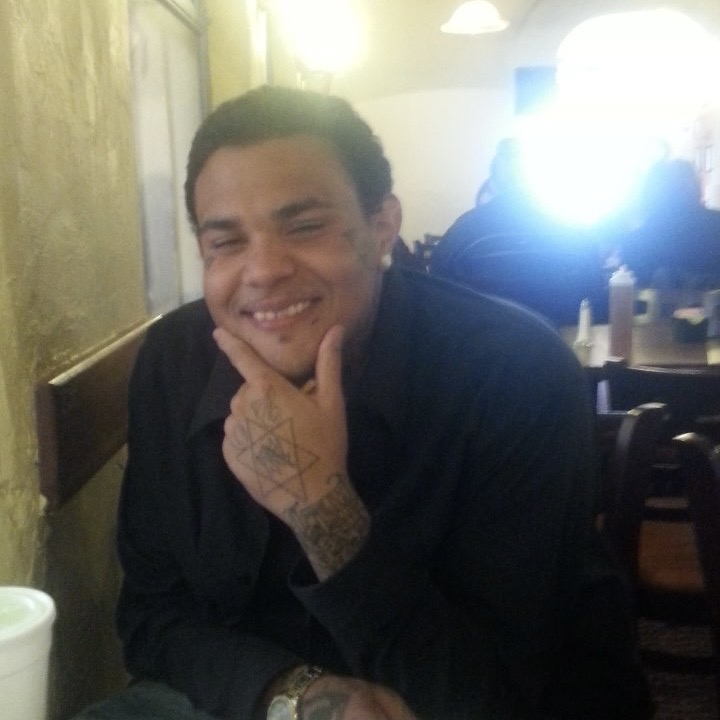
(Photo: GuJuan Fusilier)
When he entered PBMP last year, Fusilier lost over 40 pounds in approximately 90 days due to inadequate nutrition. PNM staff only addressed his medical concerns when he became so weak he could barely get out of bed, with his face and eyes visibly sunken. Although Fusilier suffers from borderline schizophrenia, severe anxiety, and PTSD, mental health providers only spend seconds speaking to him through his cell bars.
Solitary confinement does not decrease rates of violence or misconduct or make prisons safer. In fact, there is widespread consensus among medical and mental health experts that solitary confinement, even for relatively short periods, inflicts profound psychological and physical harm on incarcerated individuals, including:
- Increased anxiety, rage, paranoia, cognitive impairments, hallucinations, self-mutilation, and other forms of psychological distress;
- Exacerbated pre-existing illnesses from sensory deprivation, lack of meaningful human contact, irregular recreation time and inadequate mental health care;
- Increased instances of suicide while in prison, and within the first year of an individual’s release.
“Long term solitary confinement in no way deters predatory behavior,” said Hudson, who the state is subjecting to unlawful solitary confinement for the third time and has spent about four years—almost half his sentence—in the program and pre-PBMP segregation. “It turns anger into hate, eliminates coping mechanisms, leaving only survival tactics, and exacerbates existing mental health issues into debilitating anxiety and paranoia. It teaches isolation rather than connection, leaving people ill-equipped for social environments whether in general population or upon release to society.”
Hudson has been diagnosed with PTSD as a direct result of his prolonged isolation. He struggles with alienation, but his mental health consultations are limited to brief cell-side conversations. PNM staff have denied him phone calls and meaningful contact with his family while in PBMP.
“PBMP achieves the opposite of rehabilitation,” said Lalita Moskowitz, managing attorney at the ACLU of New Mexico. “People leave the program far worse off mentally, emotionally, and physically. After enduring months or years in isolation, many individuals struggle to function in normal environments and even lose the ability to connect emotionally with their families. This practice tears families apart and offers no benefit to public safety.”
There are approximately 200 individuals currently confined in the PBMP program in New Mexico, and an estimated 400 individuals who have been confined in PBMP over the last three years.
The complaint can be found below.
Related Content
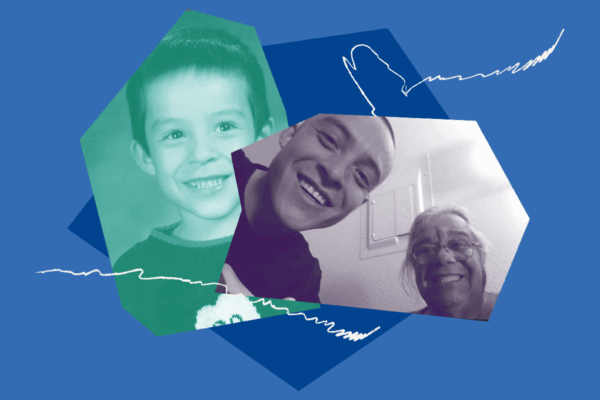
Beyond the Concrete Box: Mah-Konce Hudson’s Story
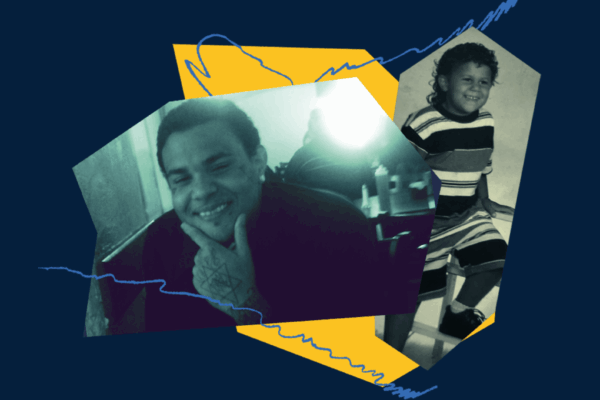
Beyond the Concrete Box: Gujuan Fusilier’s Story
Stay Informed
Sign up to be the first to hear about how to take action.
By completing this form, I agree to receive occasional emails per the terms of the ACLU’s privacy statement.
By completing this form, I agree to receive occasional emails per the terms of the ACLU’s privacy statement.

